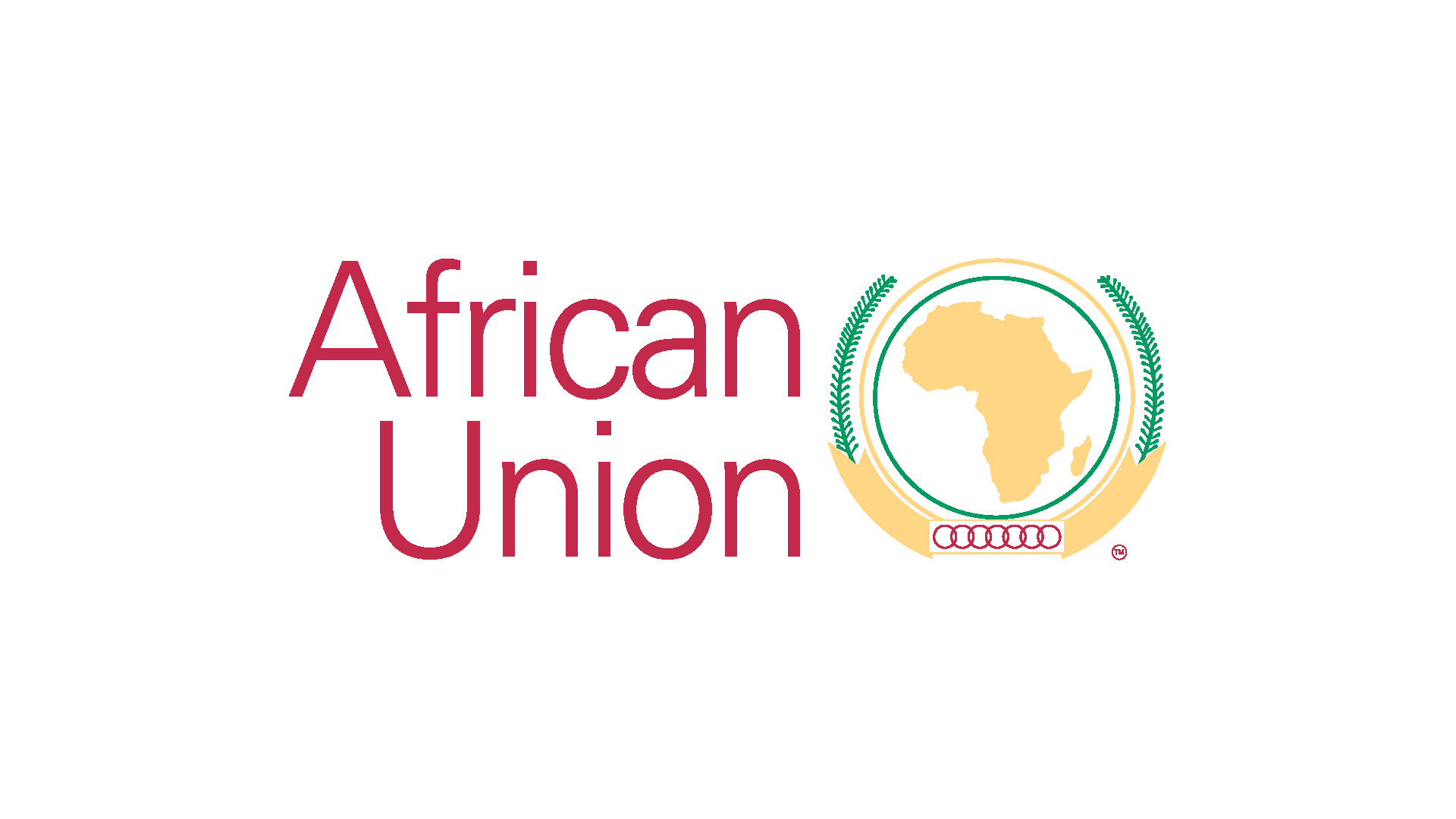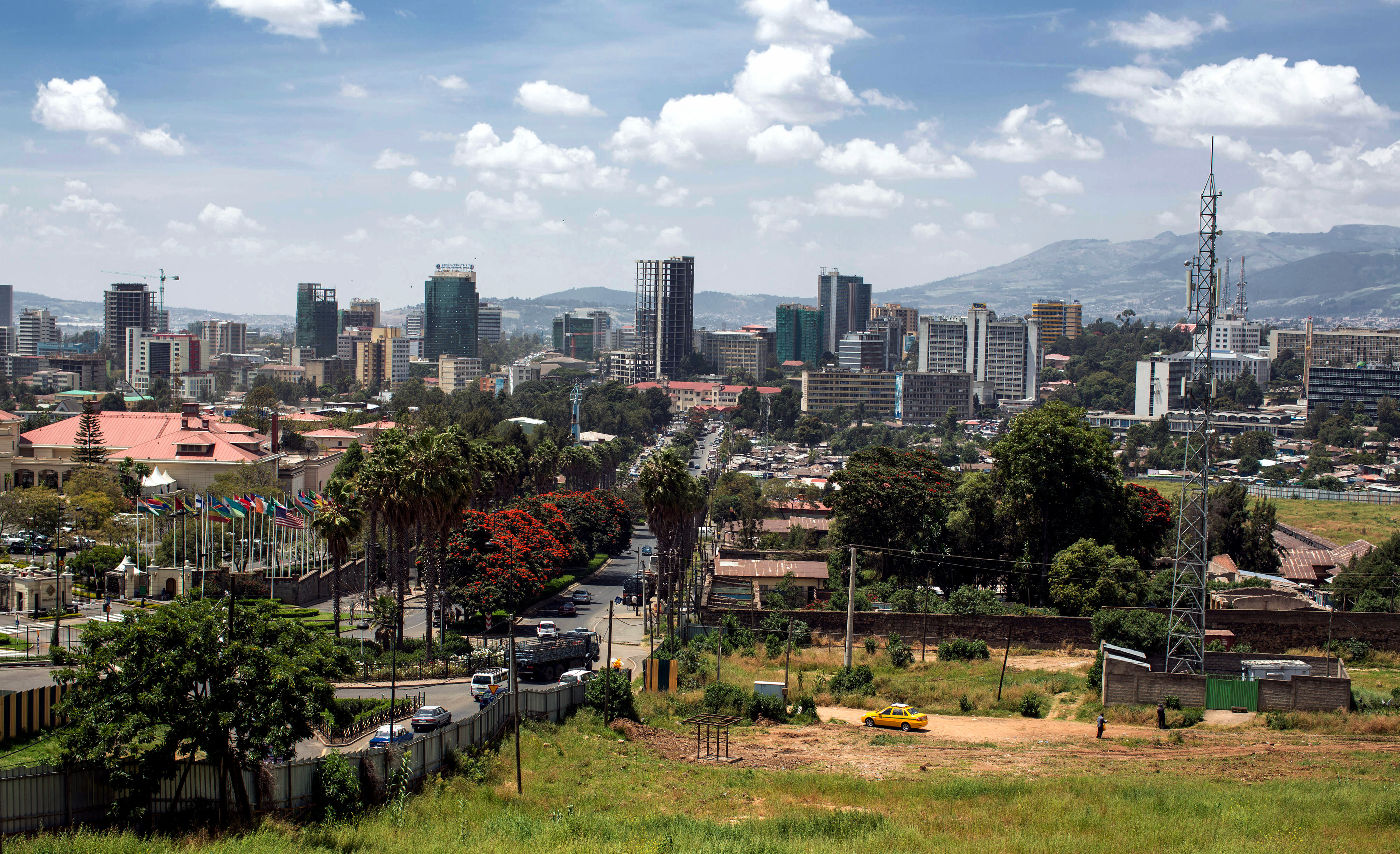Dialogue with the Global South Development Minister Schulze visits African Union in Addis Ababa
Many African countries are highly dependent on imports of grain from Ukraine and Russia. Consequently, there is the danger of food shortages and massive price increases. These, in turn, can plunge many people into hunger and lead to political destabilisation. In Somalia, Ethiopia and Kenya, some 13 million people are already threatened by severe famine because the Horn of Africa is suffering its worst drought in almost forty years. Experts are calling this a “compound crisis”, since, in the years before the current drought, entire swathes of land were devastated by swarms of locusts. Local conflicts are exacerbating the situation and the savings that people there had put by were largely used up during the COVID-19 pandemic. If there is not sufficient rainfall soon, up to 26 million people living in the Horn of Africa could face acute famine.
While in Addis Ababa, Minister Schulze also intends to discuss the Tigray conflict with the Ethiopian government. The conflict in Tigray has led to hunger and displacement and has brought with it serious human rights violations. Ethiopia is also facing other great challenges. For example, in the parts of the country affected by drought, the consequences of climate change are becoming more and more visible and tangible.
Schulze said, “Ethiopia used to be a shining example of successful economic and democratic transformation. Today we see a country that, regrettably, has been thrown back years – if not decades – by war and violence as well as the dramatic consequences of climate change. In my meetings today, I will appeal to the government of Ethiopia to do everything in its power to ensure that sufficient emergency aid is let through to the people living in the north of Ethiopia, and that a viable political solution is found to the Tigray conflict and for the future of the country. Furthermore, I shall express my expectation that the horrific human rights violations that have been committed are investigated rigorously.”
In view of the violent conflict in the region of Tigray and the growing number of people there threatened by hunger and poverty, the German Ministry for Economic Cooperation and Development (BMZ) has adjusted the focus of its development cooperation with Ethiopia. The BMZ is now largely supporting measures that directly help improve food and nutrition security and create decent employment opportunities in the agricultural sector and the textiles industry. Support is also going to measures that ease the plight of the many refugees and internally displaced persons in Ethiopia.

